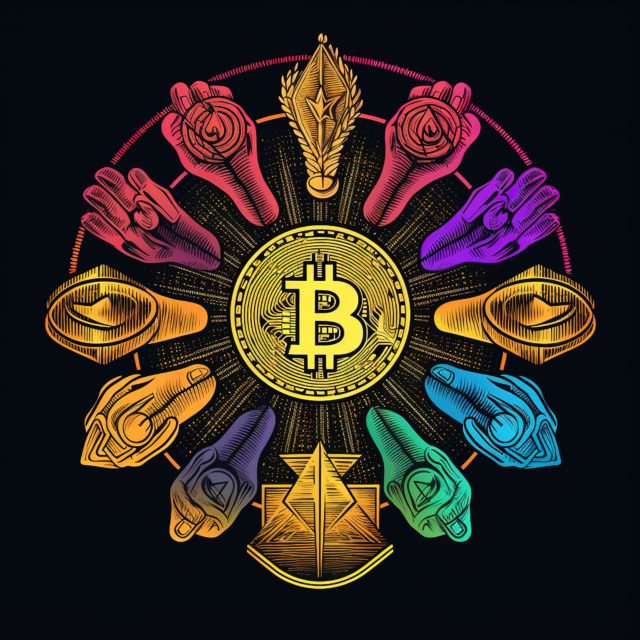Blockchain tribalism is when the blockchain or cryptocurrency community becomes dependent on a particular blockchain or cryptocurrency ideological scope.
What is Blockchain Tribalism?
Blockchain tribalism is when the blockchain or cryptocurrency community becomes tied to the ideological context of a particular network or cryptocurrency. Even when evidence is presented that better options exist, they continue to defend their networks to the end. Group “tribal” mentality can lead to divisive debate both within the department and outside. As a result, they find it difficult to accept new technologies.
Where Did Blockchain Tribalism Come From?
Blockchain Tribalism arose because people were too dependent on a particular blockchain network or cryptocurrency. Because blockchain is a new technology, there can be fear of kidnapping (FOMO) and overly emotional reactions. They wanted to be part of a certain community of people and belong to a painting phenomenon that would change the world, and thus this concept emerged.

What is Ethereum?
Ethereans, or Etherists, are loyal to the Ethereum blockchain community. They agree that Ethereum is the best blockchain network for creating decentralized applications and smart contracts. Etherists in a strong community consider Ethereum superior thanks to their leader, Vitalik Buterin, whom they see as geniuses.
This community, which is defined as “Ethereans”, is sometimes also called “Ethereum maximalists” in a sarcastic way. Because this community takes a stand against alternative smart contract chains, like Bitcoiners.
Is the Blockchain Tribalism View Good?
Blockchain tribalism can look both good and bad, depending on the perspective. The other group can contribute to both adoption and users of the industry by raising community awareness and directing industry-dedicated supporters to advocate and promote their own blockchain network. Thus, “maximalists” can raise the price of the chain with their “toxic” behavior.
However, there is a possibility that this over-support may obscure potential considerations that will enable them to move forward. For example, this view is thought to have a long-term hold on the Bitcoin network and slow its development.







